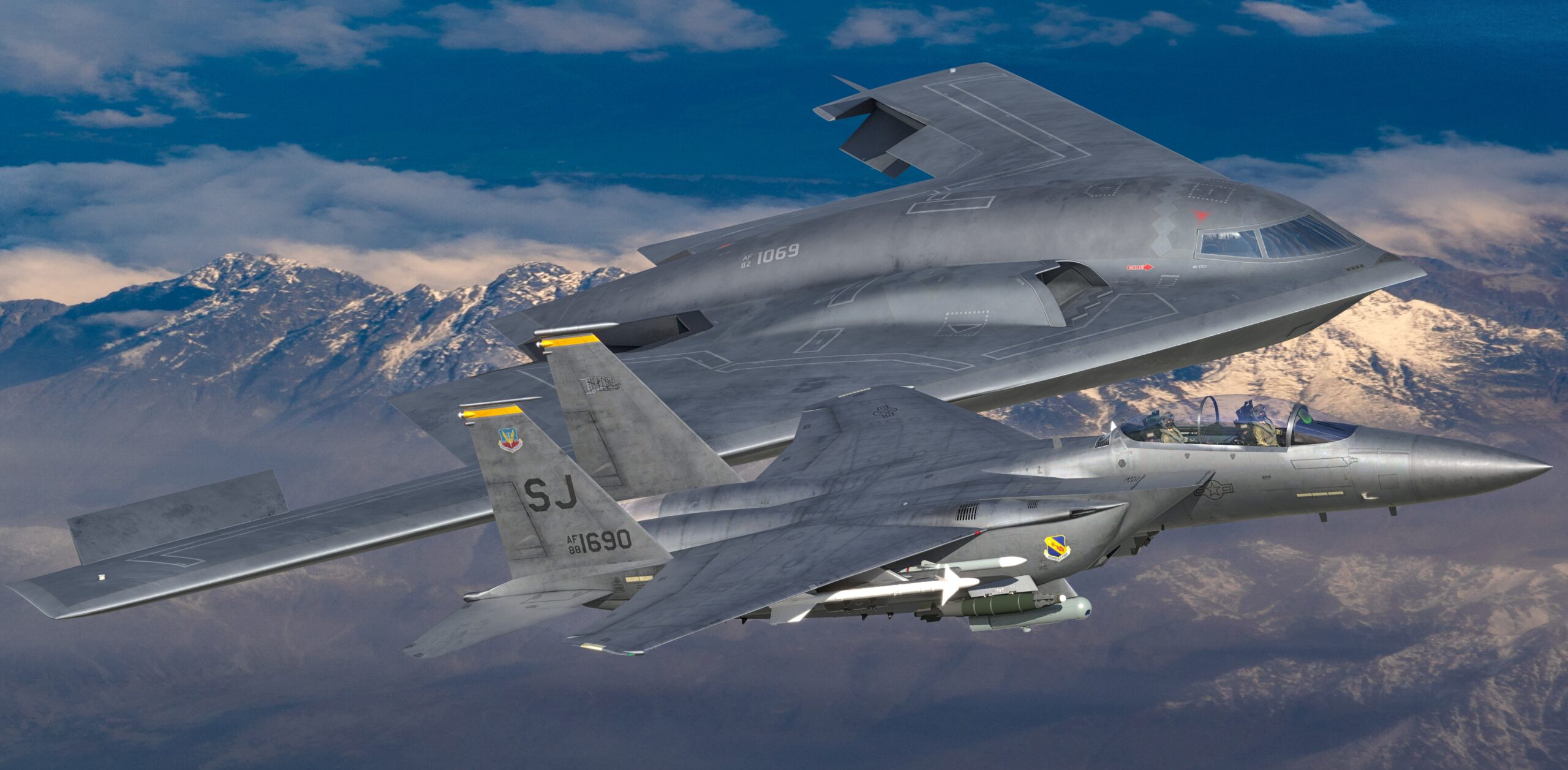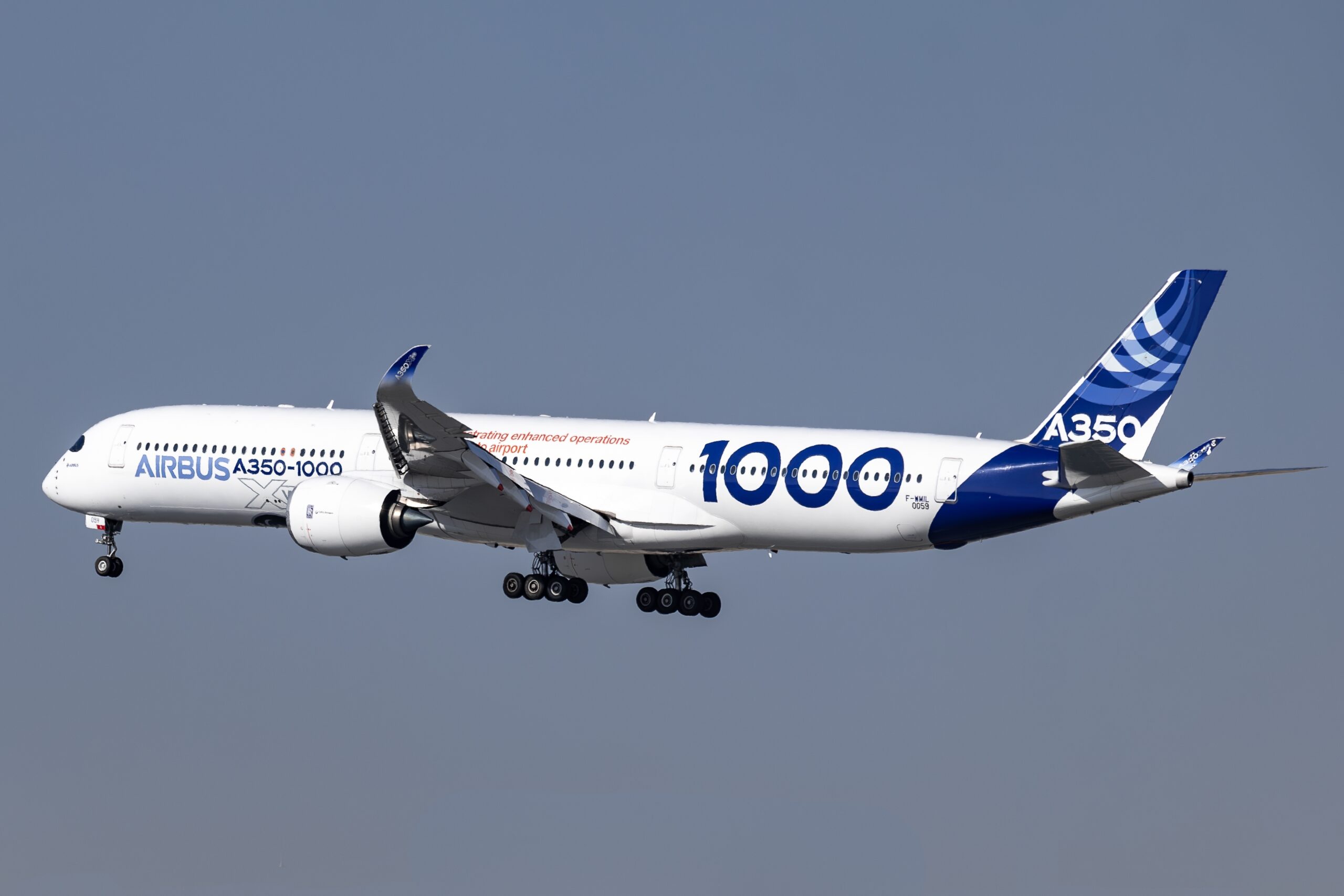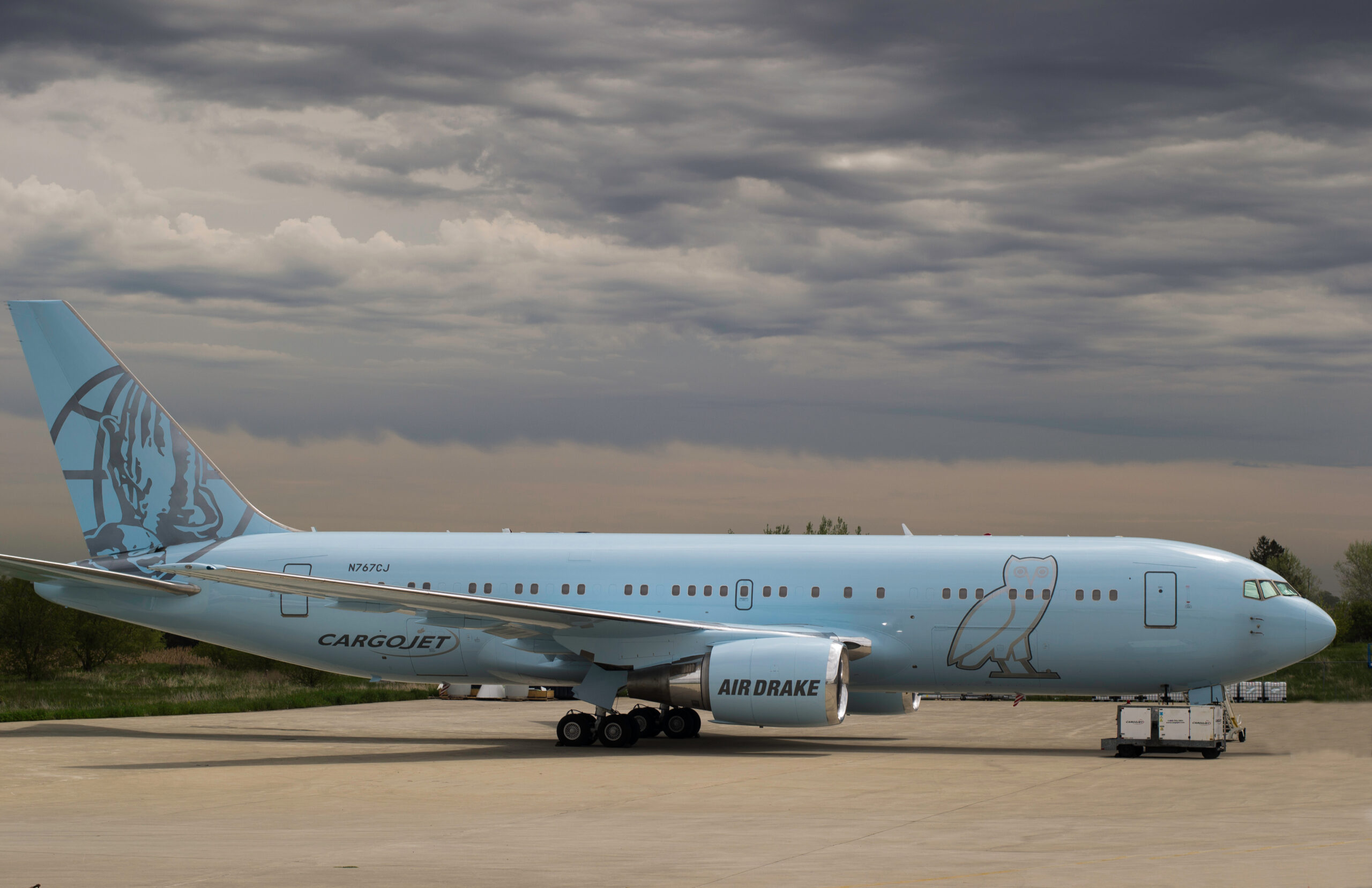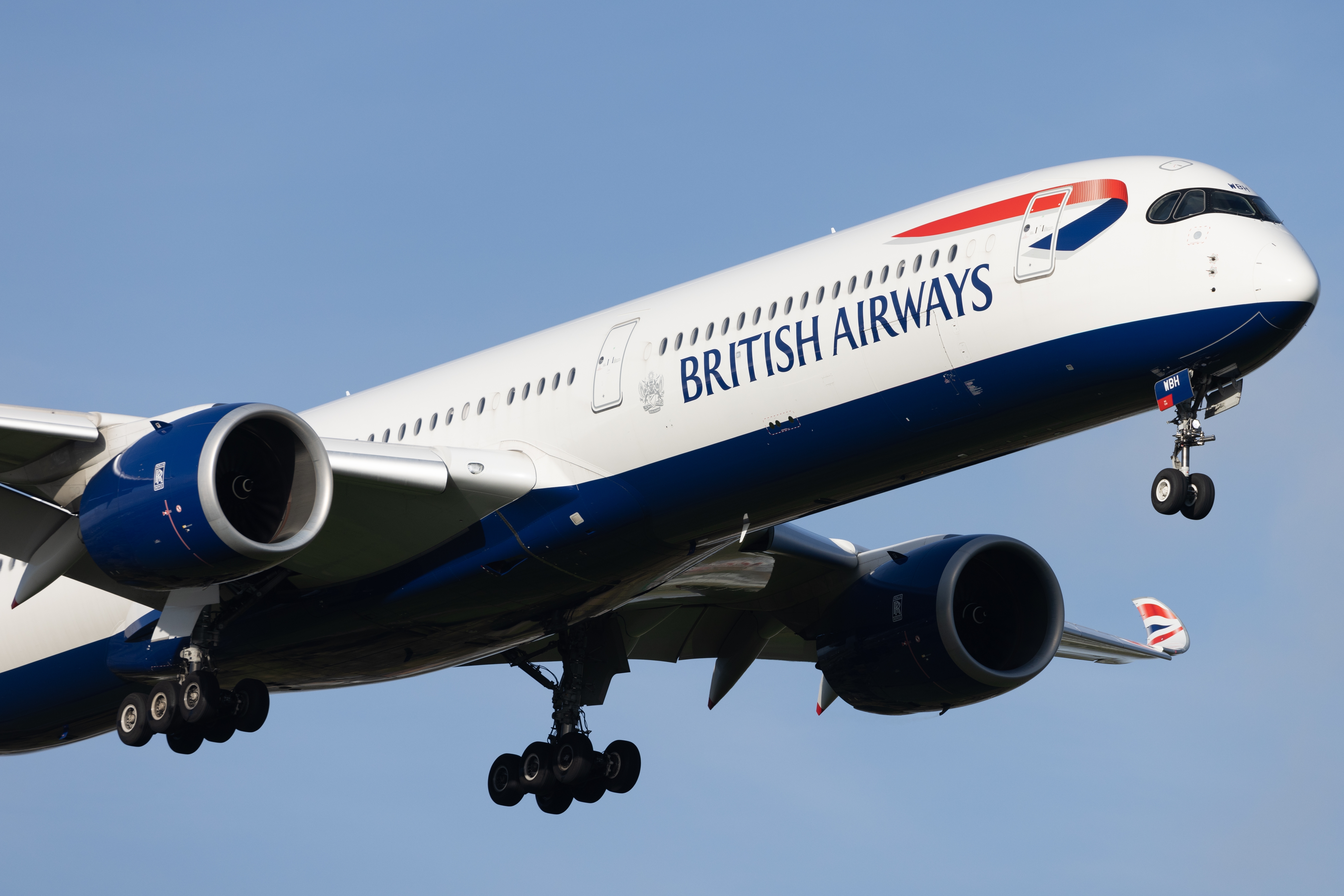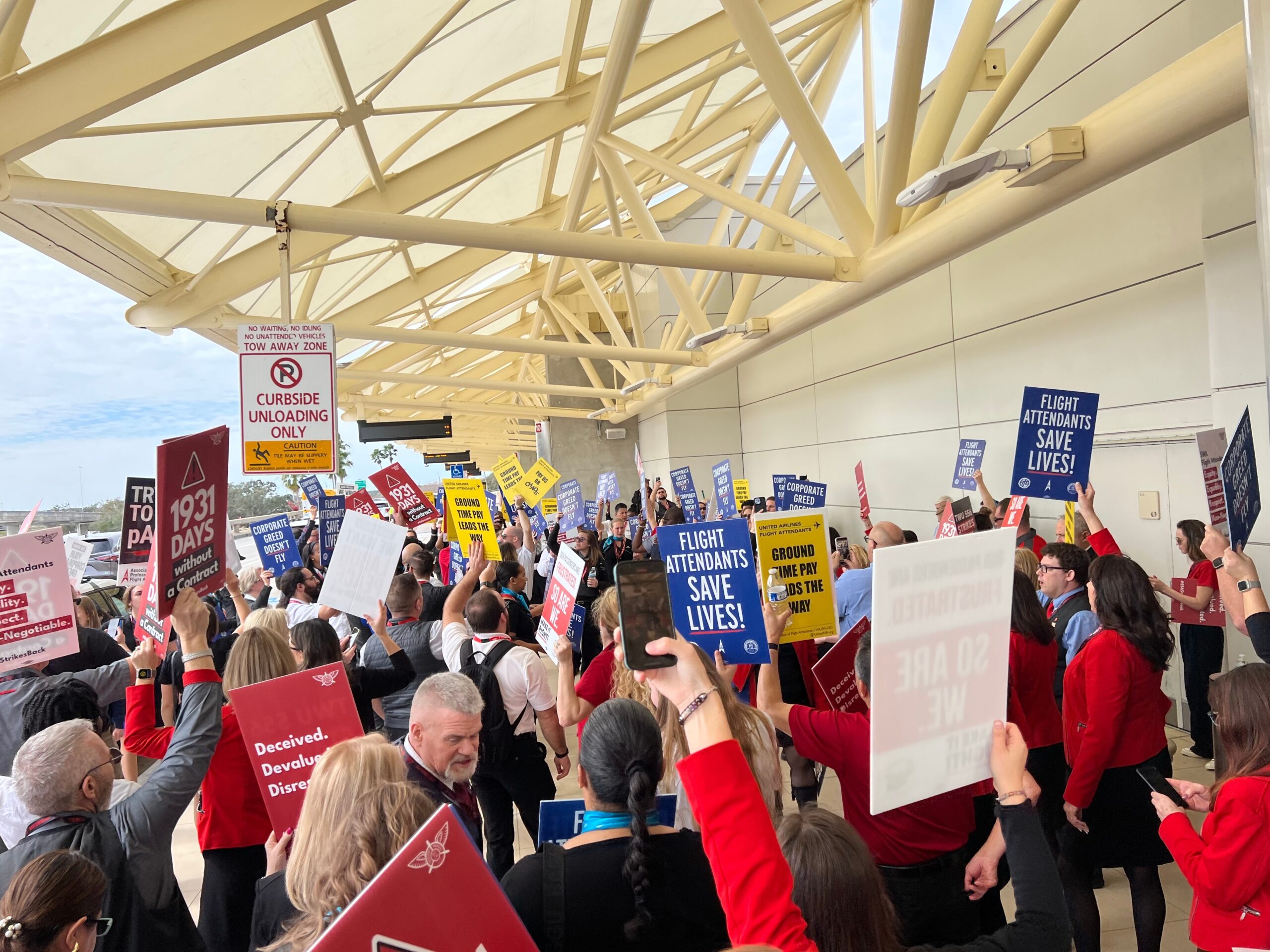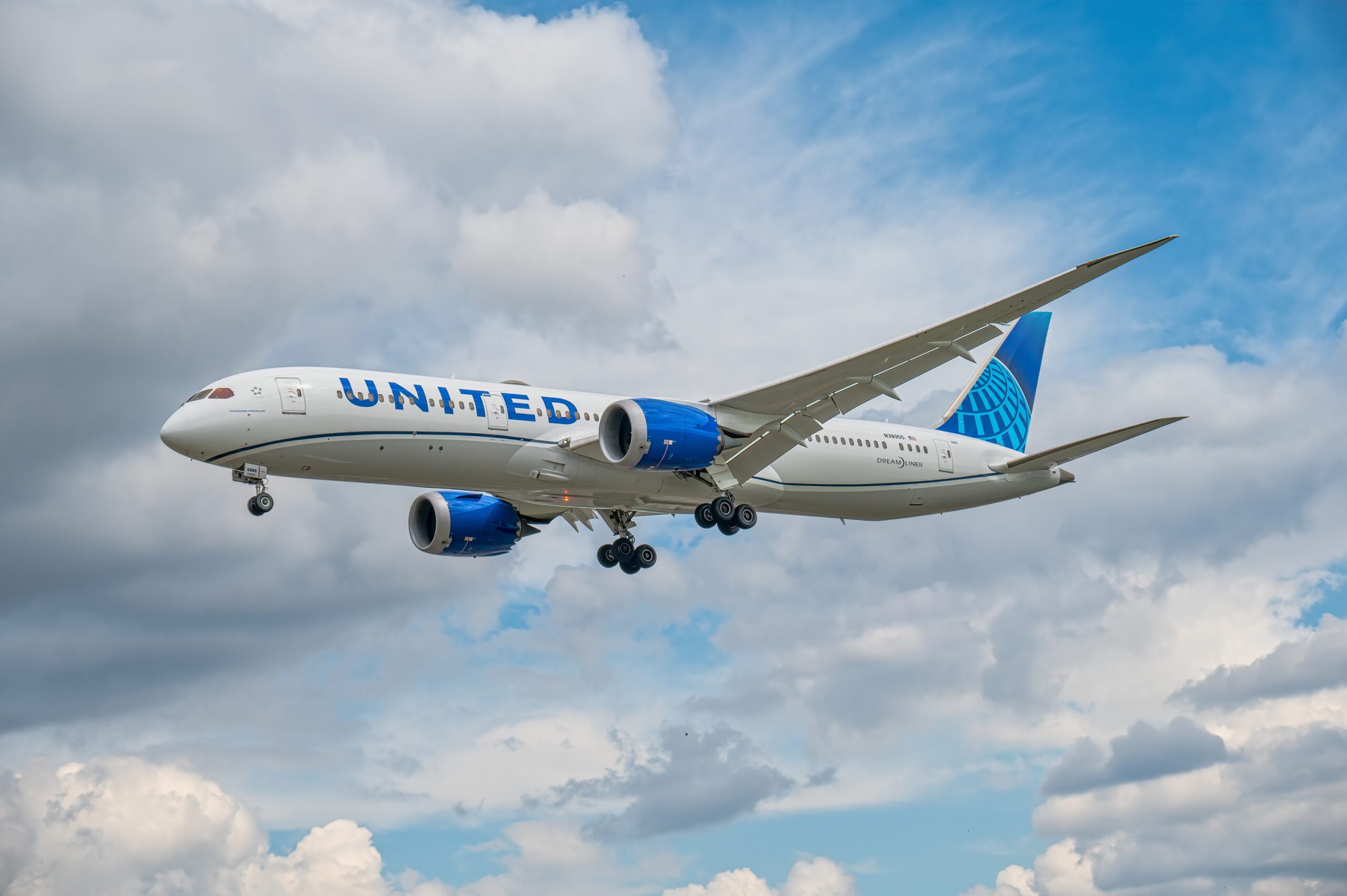Do NFL Teams Fly Commercial?
When considering the logistics of professional football, one wonders how NFL teams manage travel. NFL teams face an extensive schedule, often involving travel across the country. Understanding their travel methods illuminates the intricacies of managing these powerhouse franchises.
The Custom of Chartered Flights
Most NFL teams rely on chartered flights rather than commercial airlines. Charter flights provide flexibility and convenience, crucial for adhering to the tight schedule of the NFL season. Chartering allows teams to avoid the hassles of commercial airports and manage their own timetables.
The Role of Team-Owned Aircraft
Some NFL teams even own dedicated aircraft. The New England Patriots, for example, have their own Boeing 767s branded with team colors. This allows complete control over travel logistics and ensures a consistent travel experience for the players and staff.
Partnerships With Airlines
Airline partnerships are also common. Major airlines like Delta, United, and American Airlines provide charter services to NFL teams. These partnerships involve branding opportunities and ensure top-tier service for the teams. Airlines custom-fit their planes for the comfort and needs of the players, including extra legroom and specialized seating arrangements.
Game Day Preparations on Board
Travel time isn’t just transit; it’s preparation. Teams make use of flight time for reviewing plays, resting, and keeping routines intact. Coaches and players take advantage of the controlled environment on chartered flights to strategize and get into the right mindset before a game.
Efficiency and Security
Chartered flights offer a level of efficiency and security not available via commercial flights. Teams need to move substantial amounts of equipment. Chartering allows them to transport gear seamlessly. Additionally, it minimizes exposure to public interactions, reducing risks and distractions for athletes.
Cost Considerations
While more expensive than commercial flights, chartering is economically viable for NFL teams. The investment in efficient travel translates to better preparation and performance on the field. The high stakes of the NFL justify the cost of chartered aviation to maintain competitive edges.
Examples of Commercial Travel
In rare instances, smaller professional sports teams or minor leagues may fly commercial. However, this is uncommon for NFL teams due to the logistical and security complexities. Only in very specific cases, such as preseason or less crucial logistical movements, might you see commercial travel.
Historic Context of NFL Travel
The evolution of NFL travel reflects broader changes in the league. In earlier decades, teams often relied on commercial flights. This shifted as the league grew more profitable and the demands of the travel schedule became more stringent.
Impact on Performance
Travel conditions directly affect player performance. Controlled environments reduce travel fatigue and ensure players arrive in peak physical condition. This attention to travel logistics underscores the importance teams place on every aspect of performance optimization.
Comparisons to Other Sports
Other major sports leagues, like the NBA and MLB, follow similar chartering practices due to similar logistical needs. However, the NFL’s schedule, with just one game a week, intensifies the importance of efficient travel in preparation for each matchup.
Cultural and Psychological Effects
The travel environment influences team culture. Consistent, controlled travel experiences contribute to a professional atmosphere. Bonds formed during travel can improve team chemistry. The privacy of chartered flights allows for team-building activities and uninterrupted focus on upcoming games.
Human Aspect: The Players’ Experiences
Players have spoken about the advantages of private travel. The reduction in travel-related stress and the ability to maintain routines can make a significant difference in a physically demanding sport. Knowing they have a reliable travel schedule helps players focus more on games and practices.
Travel Crew’s Responsibilities
Behind the scenes, teams have dedicated staff managing travel logistics. This includes coordinating with airlines, ensuring equipment is correctly packed and transported, and managing the players’ schedules to account for time zones and layovers.
Future of NFL Travel
As technology and the league evolve, so will travel methods. Teams continually look for ways to enhance travel efficiency and comfort. Innovations in aviation technology and partnerships will likely further improve the travel experiences of NFL teams.

